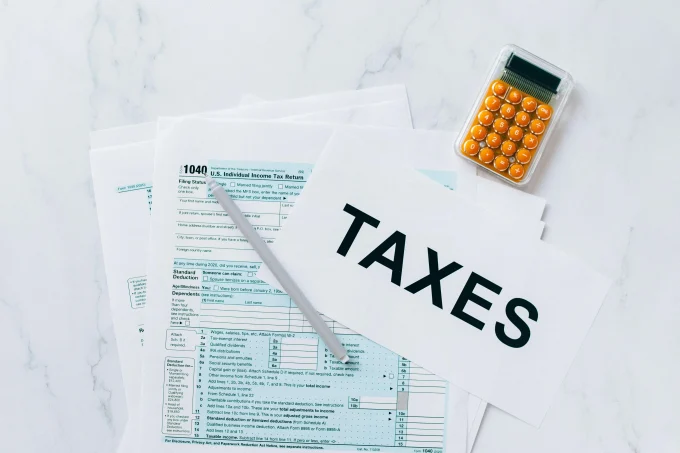After months of legal hurdles and political stalemates, Kenya finally has a fully reconstituted Independent Electoral and Boundaries Commission (IEBC). The July 2025 swearing-in of the new Chairperson and six commissioners has restored the commission’s full legal and operational mandate. But beyond the ceremony, Kenyans are now asking: what comes next?
With the IEBC back in business, the work ahead is vast, urgent, and politically sensitive. From organizing by-elections to cleaning up the voter register, the commission’s next steps will define public trust in Kenya’s democracy—especially as the country prepares for the 2027 General Election.
Restoring Functionality and Legitimacy
The reconstitution brings the IEBC back to full operational capacity after over a year of partial paralysis. For many citizens, this moment marks more than an administrative milestone; it is a chance to reimagine the commission as a transparent, responsive, and accountable institution.
The first internal moves are already underway. The commission has held its first plenary session, electing Fahima Araphat Abdalla as Vice Chairperson and moving forward to appoint committee heads. An induction workshop is also scheduled to equip the new team with insights on electoral law, audit findings from previous polls, stakeholder engagement, and the use of technology in elections.
By-Elections: The First Test
One of the immediate challenges for the new commission is conducting at least 22 by-elections across the country. These include six parliamentary seats—such as Kasipul (where the MP was assassinated), Malava, Banisa, Magarini, Mbeere North, and Ugunja—as well as over 16 ward seats.
More than 1.2 million Kenyans currently lack legislative representation, with no access to Constituency Development Funds (CDF) or parliamentary advocacy. The IEBC’s ability to organize timely, credible by-elections will serve as a first performance scorecard for the new team.
Success will require timely gazettment of polling dates, transparent procurement processes, real-time public communication and fair and professional dispute resolution mechanisms.
Cleaning the Voter Register
Trust in elections begins with a credible voter roll. The current register has long been criticized for being bloated, outdated, and opaque. The IEBC must now prioritize a comprehensive audit to remove:
- Deceased voters
- Duplicate registrations
- Outdated entries from voters who relocated
This clean-up is not just technical—it is political. An unreliable register undermines the legitimacy of every vote before it’s even cast.
Engaging Gen Z: Beyond Protests to Participation
Kenya’s youth have been vocal in political protests, but their impact at the ballot box remains limited. Since 2022, over one million young Kenyans have reached voting age, yet most are not registered.
To reverse this trend, the IEBC must adopt youth-first voter outreach strategies including:
- Collaborations with influencers, artists, and content creators
- Activations in universities, colleges, and TVETs
- Civic education campaigns on TikTok, Instagram, X (formerly Twitter), and YouTube
- Use of memes, interactive reels, live Q&As, and quizzes
Boundary Review: A Civic Imperative
Kenya’s last electoral boundary review was in 2012. The Constitution mandates a review every 8–12 years. Since then, urban population growth and demographic shifts have created vast imbalances in representation.
The IEBC must:
- Launch a public boundary review calendar
- Use current census data to guide changes
- Conduct public forums in all 47 counties
This process, though often politicized, is a civic necessity to ensure fairness in representation.
Pushing for Electoral Reforms
Despite numerous recommendations from commissions like IPPG, BBI, and court rulings, Kenya’s electoral reform agenda remains largely unimplemented. The new IEBC must take the lead in reviving these reforms, which include:
- Campaign finance regulation
- Political party accountability
- Clear deadlines for resolving disputes
- Training and professional standards for polling staff
These reforms are vital to strengthen the integrity of future elections and must be championed in Parliament with IEBC’s full backing.
The Road Ahead
The swearing-in of IEBC commissioners is only the beginning. Their ability to deliver transparent, fair, and efficient electoral processes will determine whether Kenyans regain faith in the ballot.
With major tests ahead—including by-elections, voter registration drives, boundary reviews, and potential reform battles—this new team carries the heavy responsibility of not just administering elections, but restoring democracy’s promise.
The next two years will reveal whether they are up to the task.
Read: Court Clears Way for New IEBC Team as Ruto Re-Gazettes Appointments
>>> Parliamentary Committee Clears New IEBC Team












Leave a comment